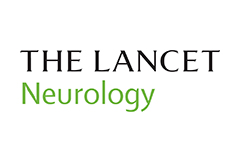Today the world’s largest research collaboration on brain scans kicked off. The UNITED consortium already combines over 65,000 study participants from around the globe in order to understand – and eventually cure or prevent – brain disorders such as Alzheimer’s and Parkinon’s disease.
The partnership is between researchers from 18 countries and 5 continents, and is led by scientists from the Erasmus MC, the Netherlands. Current research on this topic has mostly been performed in Europeans whereas other ethnic populations remain heavily underrepresented. “People who are not represented in the research eventually end up receiving suboptimal health care,” says Dr. Hieab Adams, founder of the UNITED consortium. “Our aim is to get researchers from especially Africa, Asia, and South America more involved in this effort.” An open invitation for collaborators was published today in the prestigious journal The Lancet Neurology. Their aim is to include over half a million individuals by 2022.
The consortium is supported by a board of internationally renowned researchers from around the world. Furthermore, the scientists involved have varying backgrounds, both ethnically as well as academically. Dr. Tavia Evans, chief analyst: “Working together with people who have a different view on life and science enriches my work tremendously.” She notes that collaborators include medical doctors, psychologists, data scientists, mathematicians, among others. “This brings insights from different angles, which is exactly what we need to tackle such complex brain diseases.”
More information on the initiative and contact for studies interested in collaborating can be found on www.theUNITEDconsortium.com.

